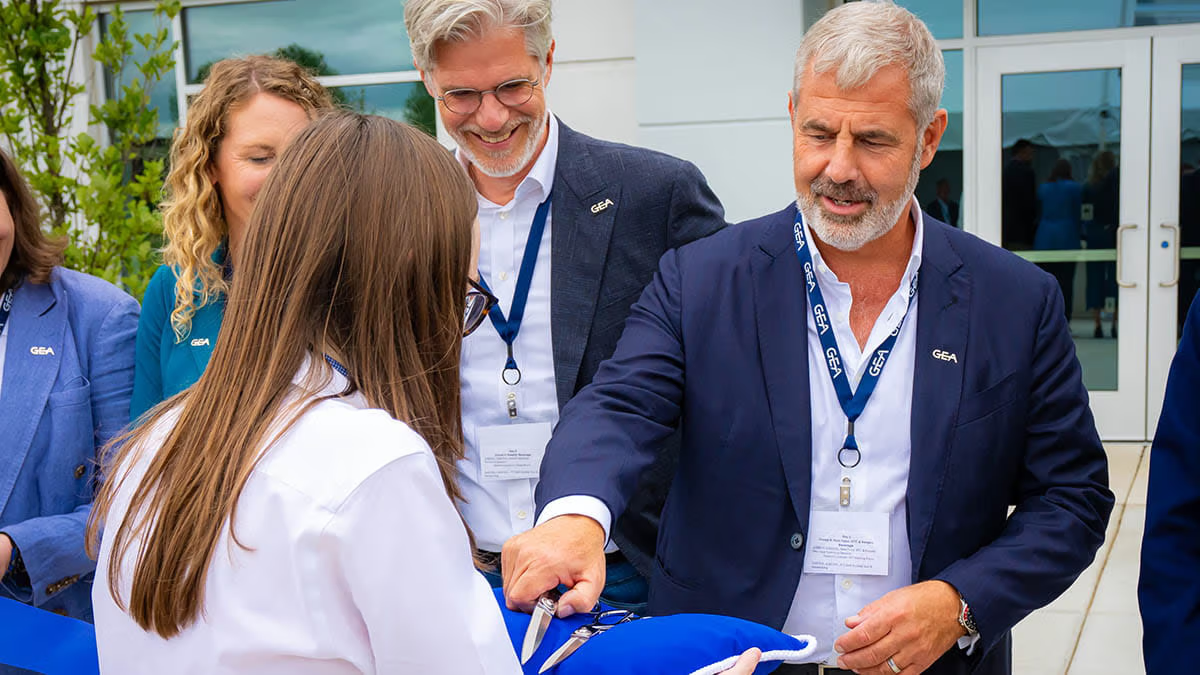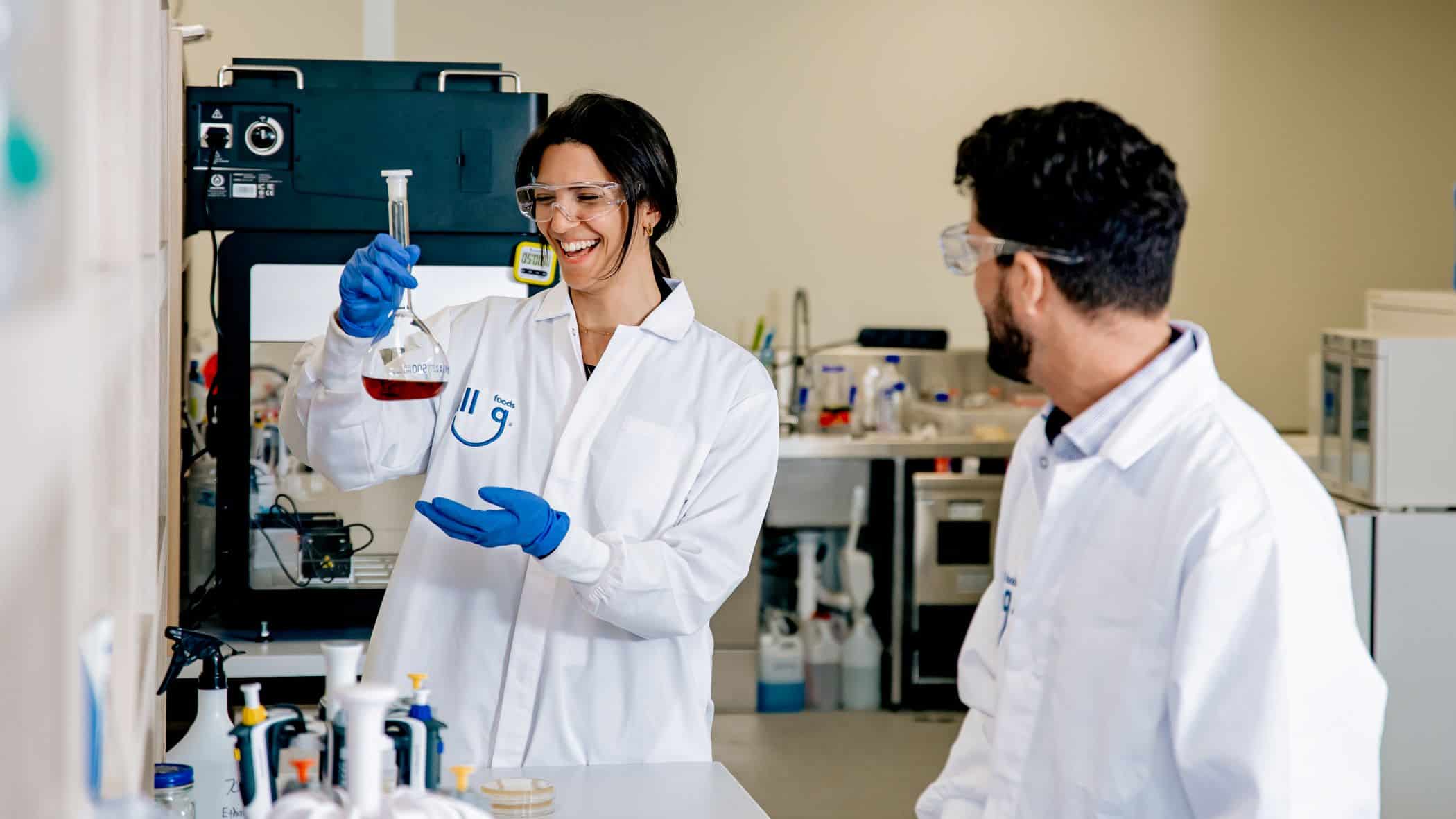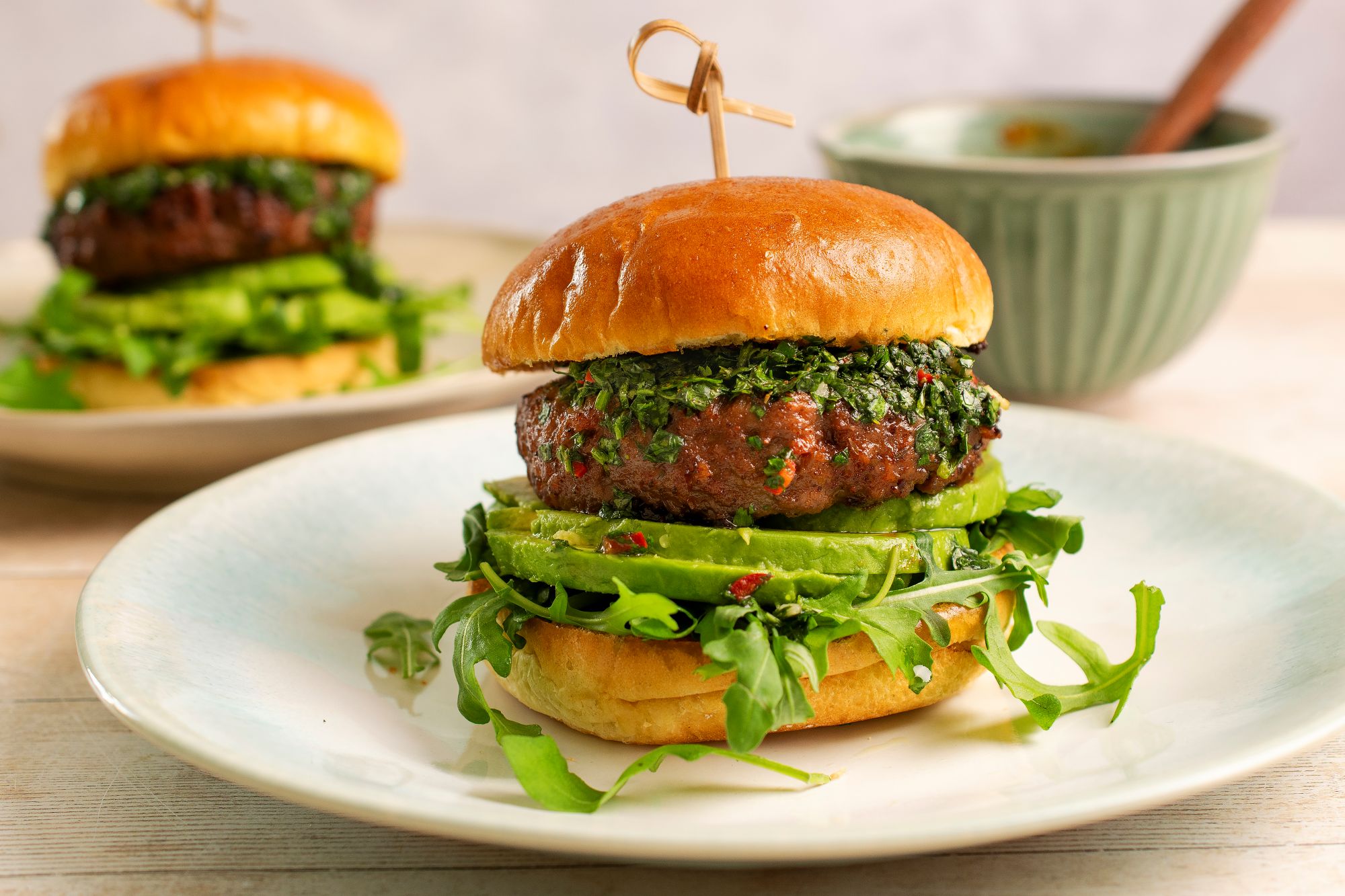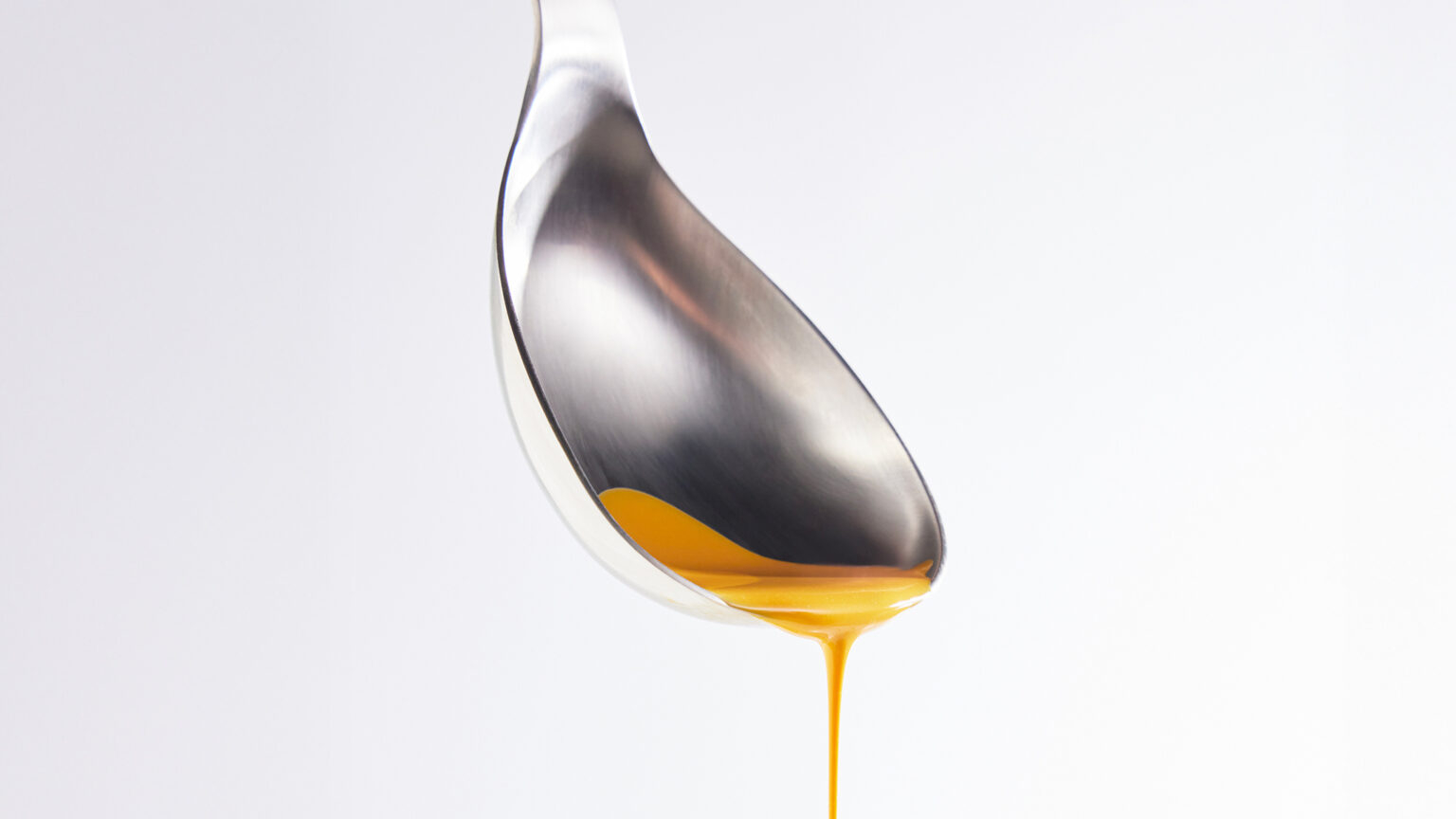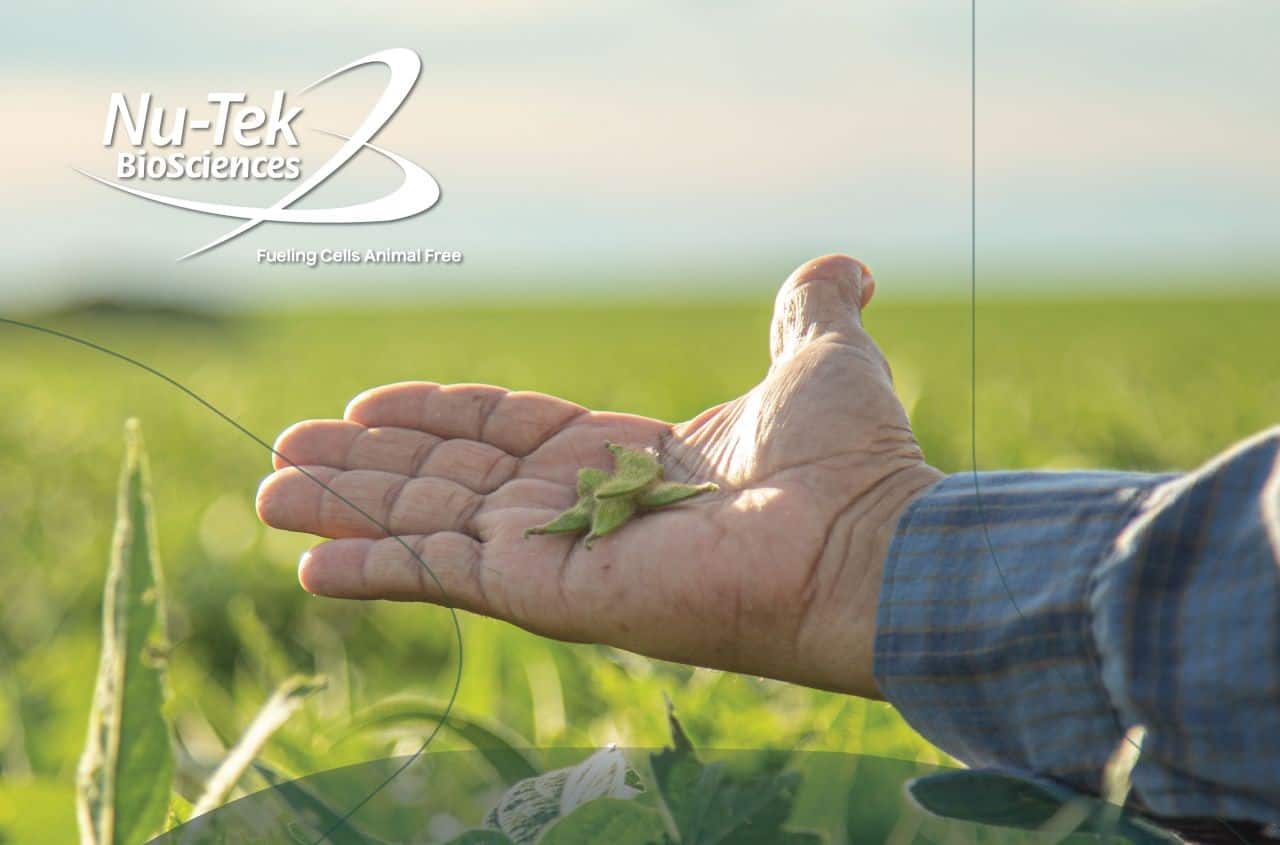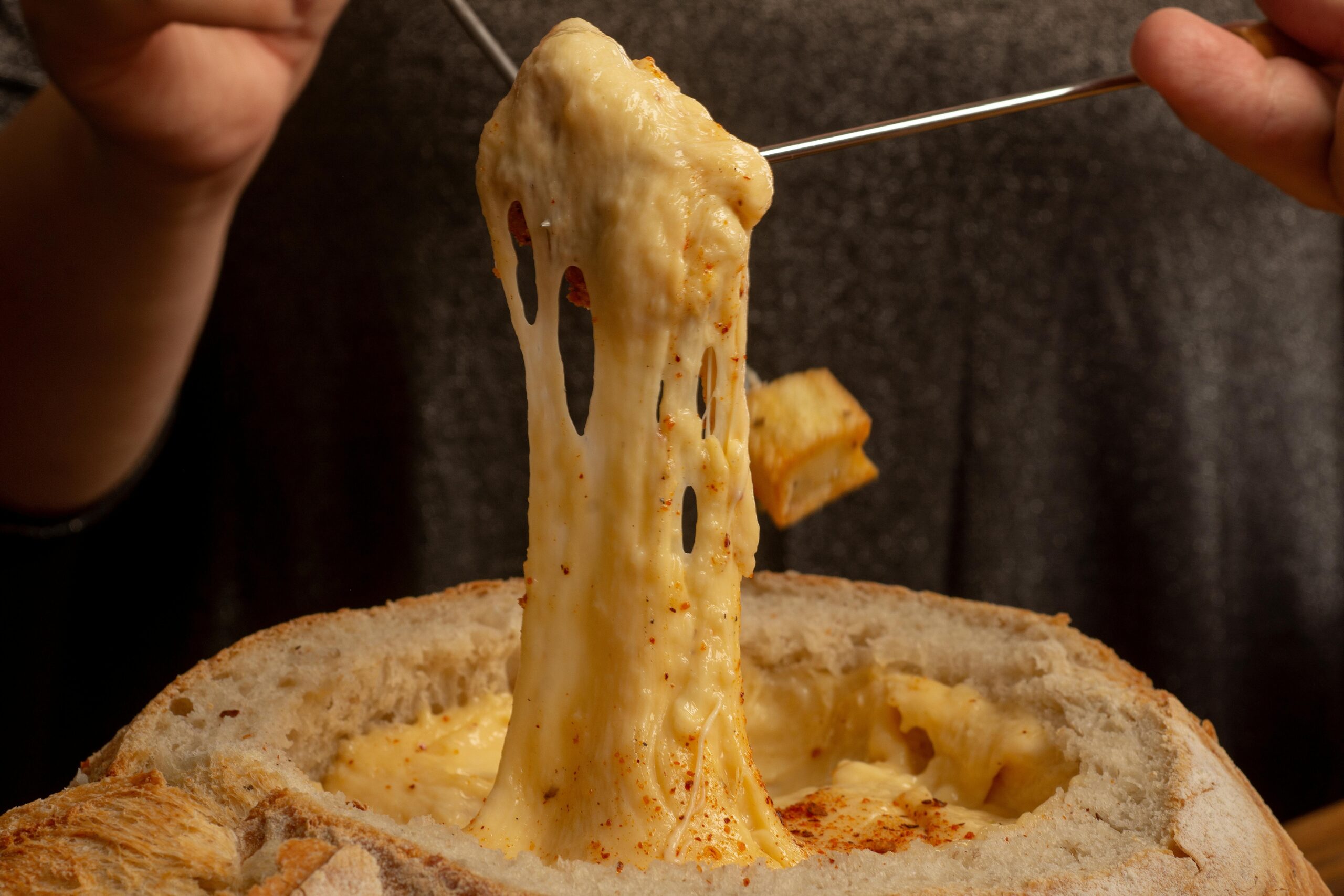GEA Celebrates Grand Opening of $20M Tech Hub for Precision Fermentation and Cultivated Foods
On July 17, 2025, GEA inaugurated its new Food Application and Technology Center (ATC) in Janesville, Wisconsin. The $20 million facility is the company’s second global center focused on alternative proteins and sustainable food production technologies. It follows the opening of GEA’s first ATC in Hildesheim, Germany, in 2023. The Janesville facility is located at GEA’s existing campus, which has been operational since 2024, supporting production, repair, logistics, and training. …
APAC-SCA and CAA Team Up to Tackle Regulatory Challenges in Cellular Agriculture Across Asia-Pacific
The APAC Society for Cellular Agriculture (APAC-SCA) and Cellular Agriculture Australia (CAA) have entered into a strategic partnership aimed at advancing the development of cellular agriculture across the Asia-Pacific region. The agreement will focus on regulatory alignment, public engagement, and policy development to build a sustainable food system through the emerging sector. Both organizations are committed to accelerating growth in the cellular agriculture sector by fostering transparency, science-based policies, and …
Investment Climate Podcast: Max Nelen of Agros, How to Get Funded in 2025
In this podcast series, Alex Shandrovsky interviews investors about benchmarks for funding Alt Proteins in 2025 and uncovers the investment playbooks of successful Climate Tech CEOs and Leading VCs. Podcast Host Alex Shandrovksy is a strategic advisor to numerous global food tech accelerators and companies, including alternative proteins and cellular agriculture leaders. His focus is on investor relations and post-raise scale for agrifood tech companies. This podcast is syndicated through …
Webtalk: Rethinking Food – APAC as a Living Lab for the Future | update #15
The international business webtalk series ‘update’ discusses the most pressing issues of the ongoing protein transition. Based on the latest news, data, and facts, the future of the industry will be put forward and discussed with key market players in this series of talks. Rethinking Food – Singapore as a Living Lab for the Future August 21st, 10:30 AM Berlin | 4:30 PM Singapore | 5:30 PM Tokyo Alternative Protein and Novel food offer a …
Upstream Foods to Wind Down Operations Amid Funding Challenges
Upstream Foods, a Dutch startup focused on cultivating fish fat for plant-based seafood products, has announced it will wind down its operations. Kianti Figler, the company’s founder and CEO, shared the news on social media, stating that the decision was driven by the inability to secure the necessary funding to continue scaling the product. The company had been developing cultivated fish fat designed to mimic the flavor and texture of …
Investments in Alternative Proteins Total $443 Million in First Half of 2025
The alternative protein sector saw notable investment activity in the first half of 2025, with 54 deals totaling $443.45 million. These investments spanned multiple technologies and product categories, reflecting a broad interest across the industry. The two main technology categories, plant-based and fermentation, attracted the largest share of funding, with cultivated protein remaining a smaller segment. Investment breakdown by quarter and technology Investment in alternative proteins showed variation across the …
Solar Foods Signs Letter of Intent Regarding Commercialization of Up to 1,650 Tonnes Per Year of Its Air-Based Protein, Solein
Finland’s Solar Foods has signed a Letter of Intent with a leading international brand in health and performance nutrition, with the aim of commercializing between 500 and 1,650 tonnes per year of its air-based protein, Solein, over the period 2026-2030. The Letter of Intent describes the companies’ intentions to collaborate on the development of products in the Health & Performance category, and outlines the fundamental principles of the planned collaboration. …
Nu-Tek BioSciences Joins SIMB 2025 to Discuss Animal-Free Fermentation Advancements
Nu-Tek BioSciences, a leading supplier of animal-free peptones and specialty yeast extracts, will participate in the 75th Society for Industrial Microbiology and Biotechnology (SIMB) Annual Meeting, taking place from July 27-30, 2025, at the Hyatt Regency San Francisco. The company will present its range of products designed for industrial fermentation applications. Based in Minnetonka, Minnesota, Nu-Tek BioSciences focuses on animal-free ingredients used in cell culture and microbial fermentation, supporting critical …
APAC-SCA Report Finds 76.7% of Chinese Respondents Would Try Cultivated Meat
The APAC Society for Cellular Agriculture (APAC-SCA) has conducted a market study examining consumer perceptions and acceptance of cellular agriculture products across four Tier 1 cities in China — Beijing, Shanghai, Guangzhou, and Shenzhen. Only 9.7% of respondents were aware of cultivated meat and seafood, but 76.7% said they would be willing to sample these products at least once, mostly due to the appeal of trying new things. However, many …
Danish Scientists Achieve Phosphorylation of Animal-Free Casein, Paving the Way for Better Dairy Alternatives
While several companies and research teams have now developed animal-free caseins using precision fermentation, an important part of the process has previously been missing. To be used in products such as cheese alternatives, caseins need to undergo a process called phosphorylation, where phosphate groups are added to them. This allows the caseins to bind to calcium compounds, forming particles called micelles. Previous attempts to achieve the phosphorylation of animal-free caseins …

